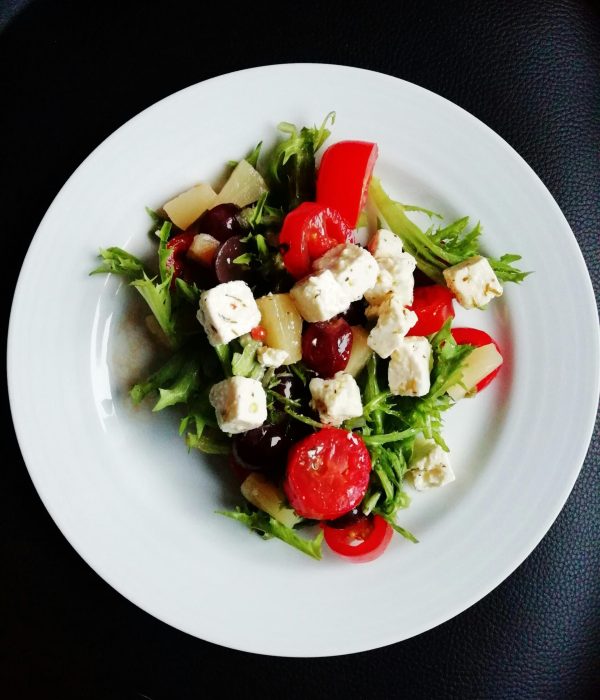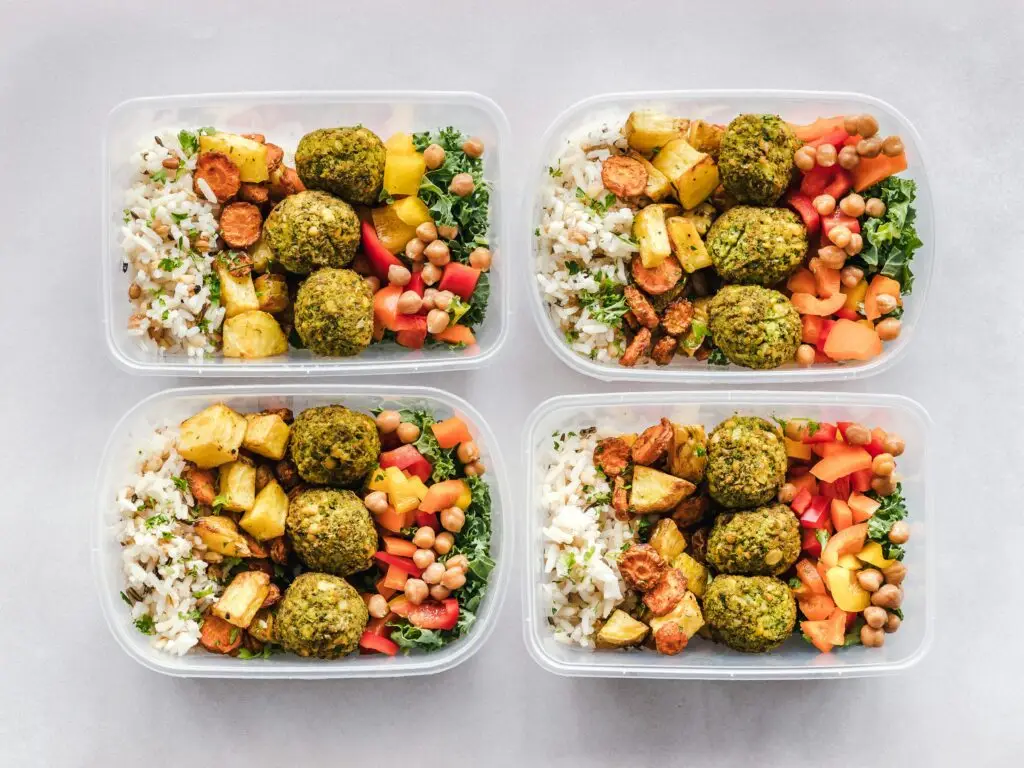In recent years, the popularity of vegan diets has surged, with more and more people making the switch to plant-based eating for health, ethical, and environmental reasons. While the physical benefits of a vegan diet, such as weight loss and improved cardiovascular health, are widely recognized, the positive effects of going vegan on skin health are often overlooked. However, numerous studies and anecdotal evidence suggest that a vegan diet can lead to clearer, healthier, and more youthful-looking skin. In this article, we will explore why going vegan is beneficial for your skin, from reducing inflammation and acne to promoting a glowing complexion and slowing down the signs of aging.
1. Anti-Inflammatory Properties of Plant-Based Foods
One of the most significant benefits of a vegan diet for your skin is its ability to reduce inflammation. Chronic inflammation is a key factor in many common skin issues, including acne, eczema, and rosacea. Animal-based products such as dairy, meat, and processed foods are known to trigger inflammation in the body due to their high levels of saturated fats, hormones, and other inflammatory compounds. By eliminating these foods and replacing them with anti-inflammatory plant-based alternatives, individuals can significantly improve the health of their skin.
Plant-based foods, especially fruits, vegetables, nuts, seeds, and whole grains, are rich in antioxidants and anti-inflammatory compounds. For example, berries, leafy greens, and cruciferous vegetables like broccoli and kale contain powerful antioxidants, including vitamin C, vitamin E, and flavonoids, which help neutralize free radicals that cause oxidative stress and inflammation in the skin. Furthermore, omega-3 fatty acids found in foods like flaxseeds, chia seeds, and walnuts have strong anti-inflammatory properties, which can further support the reduction of skin redness, puffiness, and irritation.
2. Clearing Up Acne
Acne is a common skin concern that affects millions of people, especially teenagers and young adults. While there are many causes of acne, including genetics, hormonal imbalances, and stress, diet also plays a significant role in the development and severity of acne outbreaks. Dairy products, in particular, have been linked to increased acne flare-ups due to their hormone content and their ability to stimulate the production of insulin-like growth factor (IGF-1), a hormone that can promote the overproduction of sebum (skin oil) and contribute to clogged pores.
By eliminating dairy and animal products from your diet and replacing them with plant-based alternatives, you can reduce the likelihood of acne flare-ups. Plant-based foods are naturally lower in IGF-1-promoting hormones and contain fewer pro-inflammatory compounds, making them a healthier choice for acne-prone skin. Furthermore, the high fiber content of fruits, vegetables, and whole grains helps regulate blood sugar levels and reduce insulin spikes, which can also reduce the risk of acne. Studies have shown that people who follow a low-glycemic, plant-based diet tend to experience fewer breakouts compared to those who consume high-glycemic foods like processed carbohydrates and sugary snacks.
3. Promoting Hydration and Skin Elasticity
Adequate hydration is essential for maintaining healthy, plump skin, and a vegan diet can help support your skin’s hydration levels in several ways. First, plant-based foods are typically high in water content, which can contribute to overall skin hydration. For example, fruits like watermelon, cucumbers, and oranges have high water content, helping to keep your skin hydrated from the inside out.
Second, vegan diets tend to be rich in foods that promote collagen production, which is vital for maintaining skin elasticity and preventing sagging. Collagen is a protein that gives skin its structure and strength, and its production naturally decreases with age, leading to wrinkles and fine lines. However, certain plant-based foods can support collagen synthesis. For instance, vitamin C, which is found in high quantities in citrus fruits, strawberries, and bell peppers, is crucial for collagen production. Additionally, plant-based sources of amino acids, such as beans, lentils, and nuts, provide the building blocks needed for collagen formation.
By ensuring that your diet is rich in hydration-supporting and collagen-boosting nutrients, a vegan diet can help maintain your skin’s firmness and youthful appearance.
4. Fewer Toxins and Chemicals
Animal-based foods often contain hormones, antibiotics, and other chemicals that can contribute to skin issues. For example, conventionally raised meat and dairy products are known to contain traces of growth hormones and antibiotics, which can affect the hormonal balance in the human body. These hormonal imbalances can manifest as acne, increased oil production, or other skin problems. Additionally, chemicals used in the farming and processing of animal products can accumulate in the body and have a negative impact on skin health.
By adopting a vegan lifestyle, you reduce your exposure to these potentially harmful substances. Plant-based foods, on the other hand, are less likely to contain artificial hormones, antibiotics, or toxic chemicals. This can help keep your skin free from the inflammatory and acne-promoting effects of these substances, leading to clearer, healthier skin overall.
5. Slowing Down the Signs of Aging
As we age, our skin undergoes changes, such as the development of fine lines, wrinkles, and loss of elasticity. While aging is a natural process, certain lifestyle factors, including diet, can accelerate the visible signs of aging. Animal products, especially processed meats, are known to promote the formation of advanced glycation end products (AGEs), which are compounds that accelerate the breakdown of collagen and elastin in the skin. This leads to wrinkles, sagging, and other signs of premature aging.
A vegan diet, rich in antioxidants and anti-inflammatory compounds, can help slow down this process. For instance, foods like tomatoes, sweet potatoes, and leafy greens contain lycopene and beta-carotene, which protect the skin from UV damage and prevent the breakdown of collagen and elastin. Moreover, a plant-based diet is often rich in vitamins A, C, and E—powerful antioxidants that protect the skin from oxidative stress and reduce the appearance of fine lines and wrinkles.
Additionally, plant-based diets tend to be lower in processed foods, which often contain unhealthy fats and sugars that can contribute to premature aging. By choosing whole, nutrient-dense plant foods, you can help maintain a youthful complexion and reduce the risk of developing signs of aging too early.
6. Improved Gut Health and Its Impact on Skin
The gut-skin connection is a growing area of research, with studies increasingly showing that the health of your digestive system can have a direct impact on the appearance of your skin. A healthy gut microbiome supports a well-functioning immune system and reduces inflammation throughout the body, which can translate into clearer and healthier skin. On the other hand, an unhealthy gut, characterized by an imbalance of harmful bacteria, can lead to skin problems like acne, eczema, and rosacea.
A vegan diet, which is typically high in fiber and plant-based prebiotics, can help promote a healthy gut microbiome. Fiber-rich foods, such as fruits, vegetables, legumes, and whole grains, provide nourishment for beneficial gut bacteria, helping to maintain a balanced gut flora. This, in turn, can support healthy skin by reducing inflammation and promoting optimal immune function.
7. Greater Skin Radiance
Finally, a vegan diet can promote a natural, healthy glow. Because plant-based foods are high in vitamins, minerals, and antioxidants, they provide the nutrients that your skin needs to look radiant. For instance, foods rich in vitamin A, like carrots and sweet potatoes, can help keep skin smooth and vibrant. Vitamin E, found in almonds, sunflower seeds, and avocados, is another key nutrient for maintaining skin health and reducing the appearance of dark spots and blemishes.
By eating a variety of colorful plant-based foods, you can provide your skin with a broad range of nutrients that support its overall health and appearance. This can result in a complexion that looks more luminous, even-toned, and youthful.
Adopting a vegan diet offers numerous benefits for your skin, from reducing inflammation and acne to promoting hydration, elasticity, and radiance. By focusing on plant-based foods that are rich in antioxidants, vitamins, minerals, and anti-inflammatory compounds, you can help protect your skin from the inside out. Whether you’re looking to clear up acne, slow the signs of aging, or simply achieve a healthy, glowing complexion, going vegan can be a powerful tool in your skincare arsenal. Not only does it support your skin’s health, but it also contributes to your overall well-being, making it a lifestyle choice worth considering for both ethical and aesthetic reasons.



